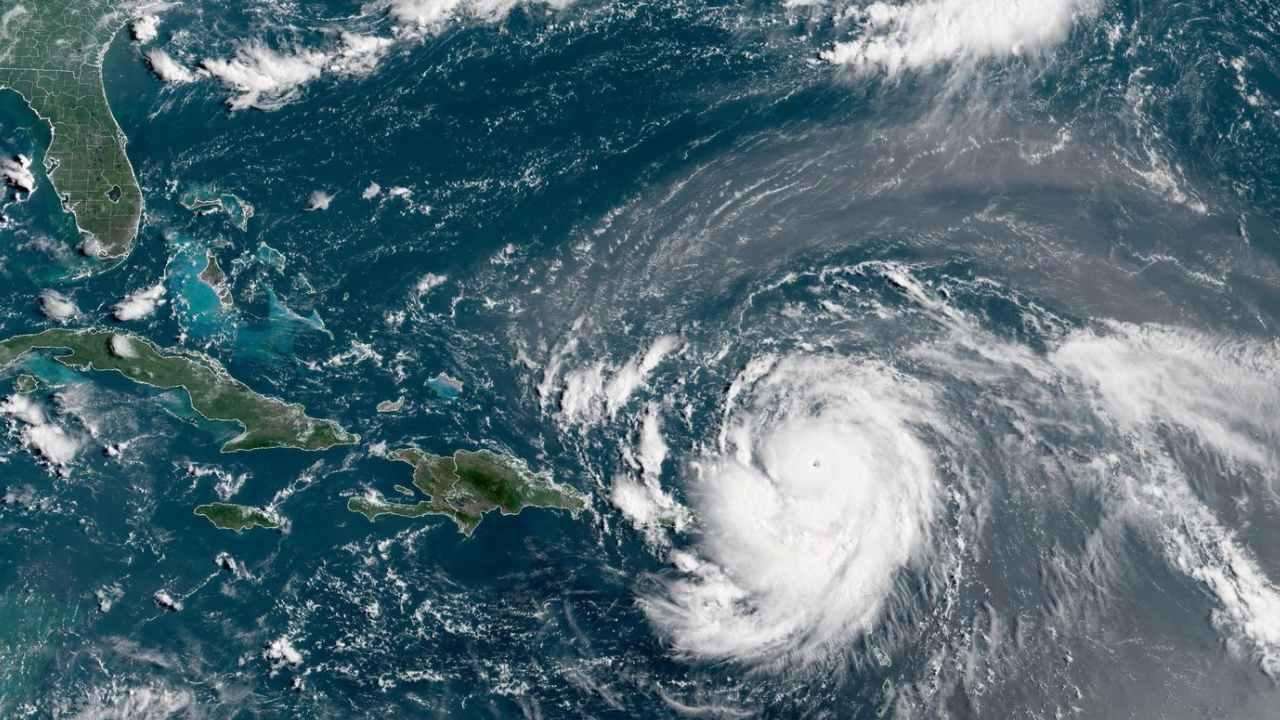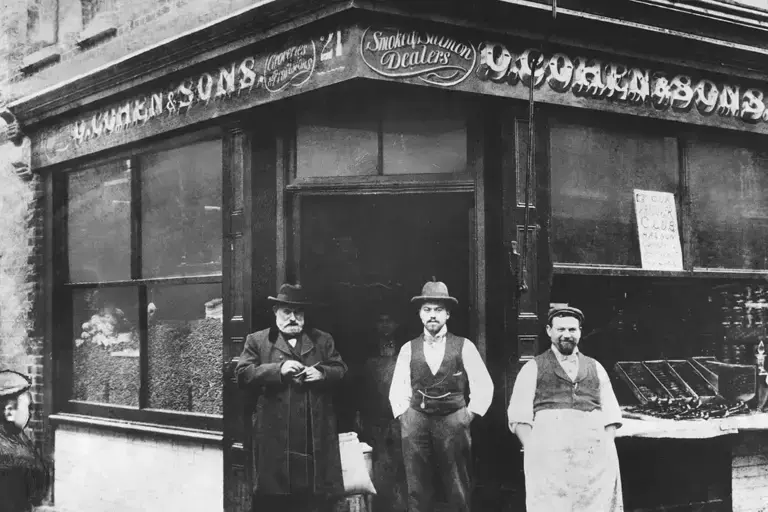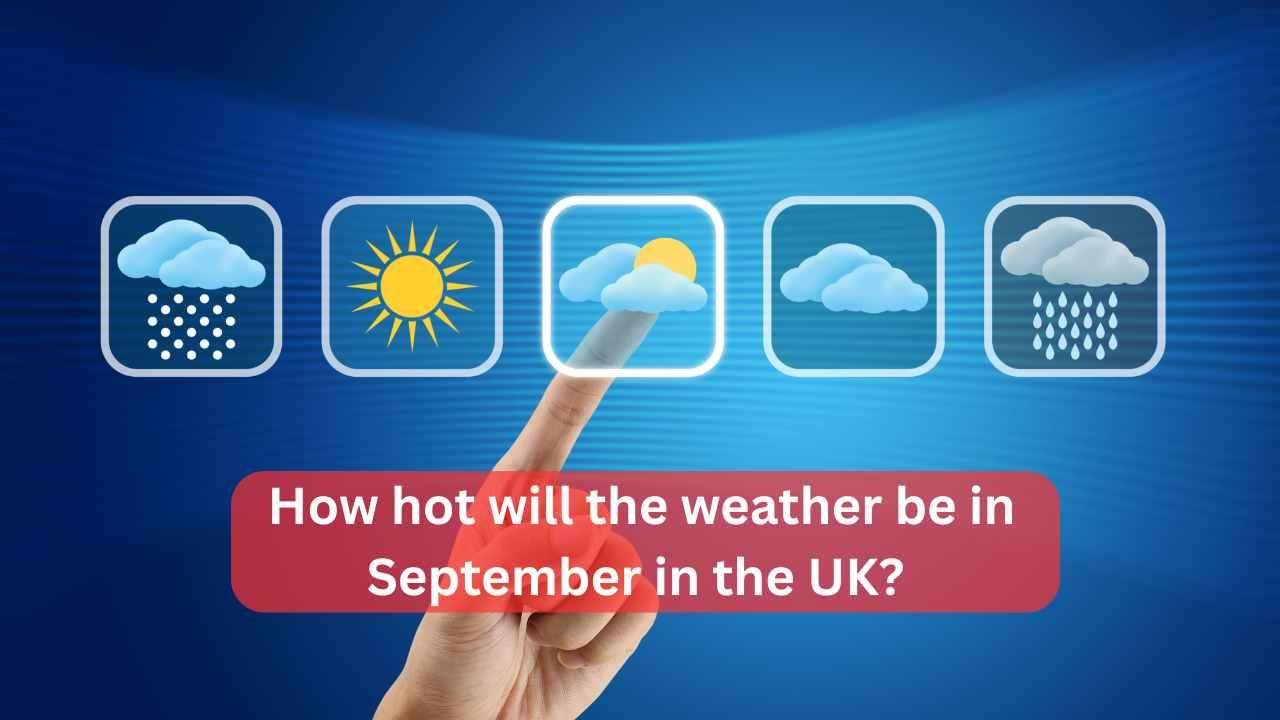The UK continues to endure intense heat, with temperatures climbing as high as 30C on Friday, while firefighters battle wildfires during the nation’s fourth heatwave of the summer.
The UK Health Security Agency has extended yellow heat alerts until 6pm on Monday (18 August) across much of England, including Yorkshire and Humber, the Midlands, London, the South East, South West, and the East of England.
On Friday, London and Salisbury were expected to reach 30C, while Cardiff and Cambridge were forecast at 29C. Nottingham was predicted to hit 28C, and further north, Belfast (22C) and Edinburgh (24C) were set for slightly cooler conditions. Warm and dry weather is likely to continue into the weekend, with temperatures near 30C in south-west England on Saturday and around 29C on Sunday.
The extreme heat has fueled a major wildfire at Holt Heath, Dorset, where flames have burned through 72 hectares. Fire crews from across the UK — including Merseyside, South Wales, Greater Manchester, Leicestershire, Surrey, Lincolnshire, Hampshire, the Isle of Wight, Avon, Essex, and Kent — have joined local services to contain the blaze. Officials said flare-ups and deep-seated fires, detected by drones, continue to pose challenges.
Meanwhile, experts warn that England faces “nationally significant” water shortages despite July rainfall. The National Drought Group, which includes the Met Office, regulators, and water companies, said five regions remain officially in drought, with six others experiencing prolonged dry conditions.
How long will the heatwave last?
According to the Met Office, the heatwave is expected to persist well into next week, though more detailed forecasts will become clearer from Monday. As of now, there is no indication of an immediate change in weather patterns.
What about September?
The long-range outlook for 29 August to 12 September remains uncertain. The Met Office predicts unsettled conditions, with frequent showers, heavy or thundery rain, and occasional strong winds. However, brief spells of settled, drier weather are also possible. Temperatures are likely to stay above average, with the potential for early hot spells in the south.
On average, UK September temperatures range from 13C to 18C, but the month is now around 0.5C warmer than it was in the 1960s.
Why are long-range forecasts uncertain?
The Met Office explains that weather is inherently a chaotic system, where small variations in temperature, wind, or humidity can have significant effects in the days ahead. As these discrepancies build, forecasts become less reliable over longer periods. Long-range predictions, therefore, are best viewed as broad indications rather than precise forecasts.








.svg)

